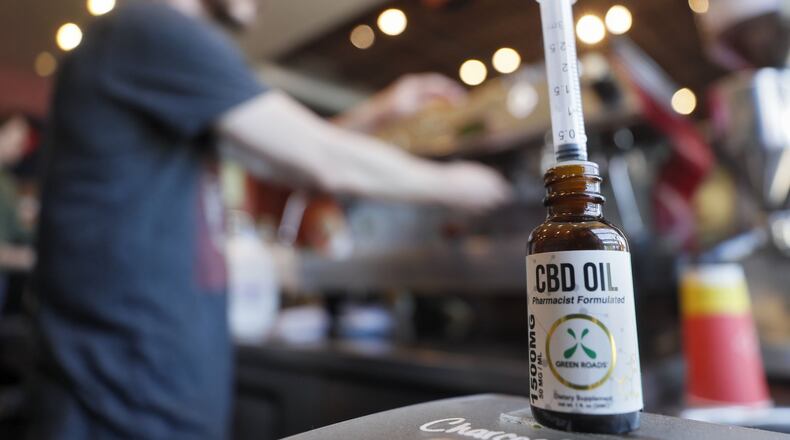Even though a new Georgia law allows hemp farming and CBD oil sales, adding CBD to food and drinks is still prohibited.
Georgia Agriculture Commissioner Gary Black is warning businesses and consumers that products such as CBD coffee, ice cream and dietary supplements remain "unlawful” nationwide.
Georgia became the 42nd state with a hemp program last week when Gov. Brian Kemp signed House Bill 213 into law.
The legislation allows hemp crops, which can be used to make CBD oil, a product touted as a treatment for seizures, insomnia and anxiety.
But the U.S. Food and Drug Administration has said CBD oil can't be added to food or sold as a dietary supplement because the agency hasn't yet determined if it's safe or effective beyond its approved use as a prescription drug to treat two seizure disorders.
“The FDA has been very clear that CBD is not currently permissible for inclusion in food and dietary supplements,” Black said in a statement.
Many Georgia businesses currently sell CBD lattes, alcoholic beverages and sparkling waters despite FDA rules. State officials could begin enforcing violations when they're notified of them, said Georgia Agriculture Department spokeswoman Julie McPeake.
The state could issue cease and desist orders, levy fines and revoke manufactured food licenses from establishments that sell CBD food products, McPeake said.
The department will draft rules and regulations for Georgia's hemp cultivation and processing program in the coming months. Then grower licenses and processor permits could be issued once rules are finalized.
CBD is a non-intoxicating molecule found in both hemp and marijuana. CBD contains trace amounts of THC, the compound that gives marijuana its high.
About the Author
Keep Reading
The Latest
Featured





